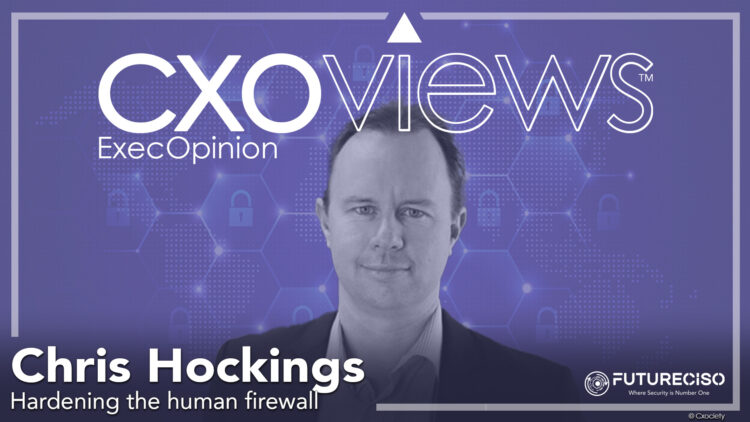The role of humans in an organisation’s security is double-edged—a security threat on one side and a vital security asset on the other.
A recent Verizon study finds that most breaches involved a non-malicious human element, including people falling victim to a social engineering attack or making an error (68%).
On the other hand, when employees know and embrace their role as a human firewall, they can also play a pivotal part in enhancing an organisation’s security.

Chris Hockings, APAC CTO, IBM Security, discussed the importance of a human firewall, its vital role in protecting organisations, its risks and constraints, and how security leaders can help strengthen it for enhanced organisational security.
Just like a traditional firewall might do for IT networks, the human firewall concept is the recognition that individuals can protect and safeguard their IT assets and their employers
Chris Hockings
Weakest link?
According to the 2023 Ponemon Institute Cost of a Data Breach Report, the global average data breach cost in 2023 was USD 4.45 million, increasing by 15% over three years.
“Across both ASEAN and Australia, phishing continues to be the most prevalent entry point for attackers into organisations, and one of the most expensive in terms of the overall cost,” Hockings shared.
Hockings said that attackers usually perceive users as the weakest link in an organisation’s security, highlighting the importance of proactive zero-trust measures to help detect and prevent cyber threats.
“Just like a traditional firewall might do for IT networks, the human firewall concept is the recognition that individuals can protect and safeguard their IT assets and their employers,” acknowledged Hockings.
He explained that deploying human firewalls includes using strong protection mechanisms, such as multi-factor authentication, and detecting suspicious threats or potential phishing emails through a zero-trust mindset.
“In human-targeted cyber campaigns, having users think and act on any anomalous activities can help prevent incidents, even before they begin,” Hocking said.
For the full article, click here




